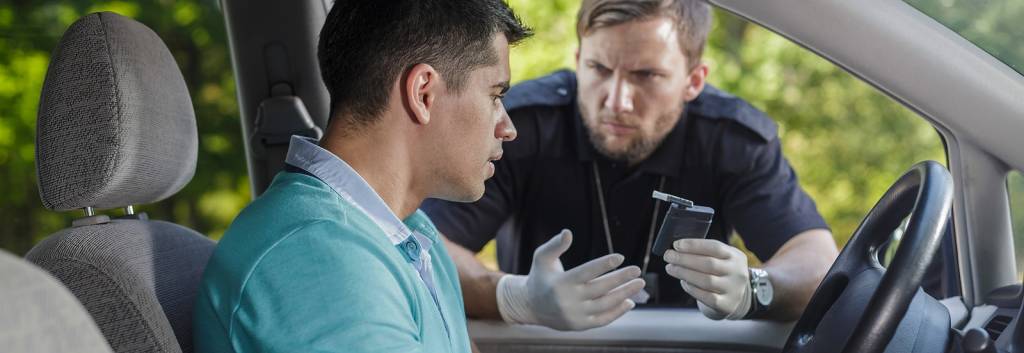Drivers are legally obligated to comply with the state laws and follow the traffic rules in Florida. Law enforcement officers are tasked with the job of making sure drivers follow the rule of law. This includes keeping intoxicated drivers off of the roads.
One tool that authorities may use to catch drunk drivers is a DUI checkpoint. But is this legal in Florida? Our top-rated legal expert for handling traffic cases in Tampa explains the legality of DUI checkpoints below.
What Are DUI Checkpoints?
DUI checkpoints are also known as sobriety checkpoints. These checkpoints are roadblocks that allow law enforcement officers to stop and screen drivers to look for signs of intoxication. These checkpoints have been designed to protect road users from the dangers posed by intoxicated drivers.
Are DUI Checkpoints Legal in Florida?
The laws regarding DUI checkpoints vary from state-to-state. Thirty-eight states, including Florida, allow law enforcement officers to conduct DUI checkpoints. These states believe that DUI checkpoints are an effective way to reduce accidents, prevent drunk driving, and catch intoxicated drivers.
There are 12 states in the U.S. that do not allow law enforcement officers to conduct DUI checkpoints. Many of these states have prohibited DUI checkpoints because they believe that these roadblocks violate the rights of drivers.
DUI checkpoints are legal in Florida. However, there are certain rules that law enforcement officers must follow when conducting these checkpoints. If these rules are violated, the checkpoint is not legal.
DUI Checkpoint Rules in Florida
DUI checkpoints are legal in Florida. However, there are certain rules that law enforcement officers must follow when conducting these checkpoints. If these rules are violated, the checkpoint is not legal. As a driver, you also have certain rights that you can enforce at a DUI checkpoint. Here’s what you need to know in case you are ever stopped at a sobriety checkpoint in Florida:
- Law enforcement officers are legally required to publicly post the date and location of all upcoming sobriety checkpoints. Most police departments post scheduled DUI checkpoints on their websites. However, if you cannot find this information, simply contact the police department. They are legally required to tell you when and where sobriety checkpoints will take place.
- The checkpoint must be “reasonable,” which means it cannot hold up traffic or cause huge delays for other drivers. If this happens, the checkpoint may not be legal.
- Police officers must establish rules in advance regarding which vehicles to pull over at a DUI checkpoint. For example, authorities may decide to pull over every third car at the checkpoint. If this rule is established, officers must comply with it when conducting the checkpoint. This rule ensures that police officers are following a fair and random selection process when choosing which drivers to pull over.
- You should never run into a DUI checkpoint unexpectedly. Police officers are required to set up signs that warn drivers of a DUI checkpoint ahead. These signs are usually illuminated with bright flashing lights to make them visible at night.
- If you see a sign for a checkpoint ahead, you have the right to make a legal maneuver in order to avoid the roadblock. For example, if you want to avoid a DUI checkpoint, you can make a legal U-turn in order to do so. Law enforcement cannot stop you even if they see you making this maneuver to avoid the checkpoint. However, law enforcement can stop you if you make an illegal maneuver to avoid a DUI checkpoint. Make sure you follow the rules of the road when avoiding a DUI checkpoint so you don’t get pulled over.
- Drivers should not be forced to wait at a DUI checkpoint for an unreasonable amount of time. In Florida, law enforcement officers must be able to complete a traffic stop at a DUI checkpoint within three minutes. If the stop is longer than three minutes, it is considered unreasonably long.
- You are required to provide documents, including your driver’s license and registration, if you are pulled over at a DUI checkpoint. However, you are not required to answer the police officer’s questions. This means you are not legally obligated to tell the police officer if you have been drinking, where you are headed, or any other information that may incriminate you.
- You are not legally required to perform field sobriety tests. There are no consequences for choosing not to perform these tests. You can refuse to perform a chemical test, such as a breath test using a breathalyzer device. However, there are consequences for this decision.






